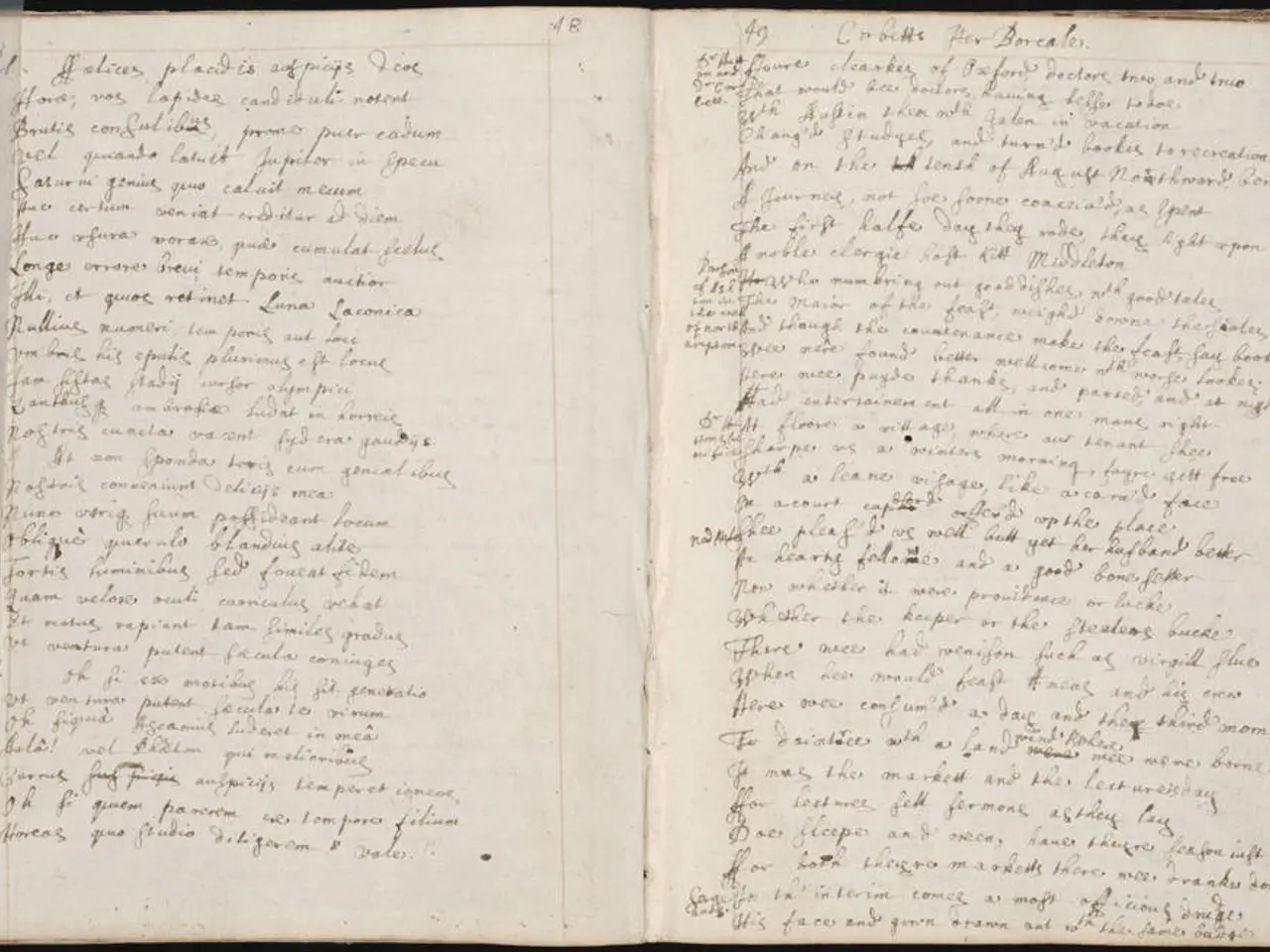Self-taught Mother Tongue Literature backed by schools, explained.
In the International Baccalaureate (IB) Diploma Programme, the School Supported Self-Taught (SSST) Mother Tongue Literature course stands out as a unique opportunity for students to study their native language and literature, even if it is not officially taught at their school. This self-taught course, supported by the school, is designed to meet the IB's Language A: Literature standards.
The SSST course is a self-directed learning journey in a student's mother tongue, with the school providing essential guidance and resources. Schools help students select appropriate literary texts, prepare for written and oral assessments, such as the Individual Oral and HL Essay, and manage coursework timelines. The course aligns fully with the International Baccalaureate Organization (IBO) requirements for Language A Literature.
For multilingual students, the benefits of the SSST course are numerous. It preserves and promotes the student's mother tongue and cultural identity through rigorous study of native literature. By allowing native languages not taught at school to count towards Group 1 Language A requirements, the course enables students to achieve bilingual or multilingual IB diplomas.
Studying literature in a familiar language enhances academic development, strengthening critical reading, writing, and analytical skills within the student's strongest linguistic framework. It also encourages deep cultural and contextual understanding of literature in the mother tongue, which strengthens overall intercultural competence and global awareness.
The flexibility offered by the SSST course is particularly valuable for internationally mobile or multicultural students, allowing them to pursue the IB Diploma while maintaining linguistic diversity and personal heritage. Universities value multilingualism and cultural awareness, making the SSST Mother Tongue Literature course a potential advantage in university admissions.
Moreover, the SSST course is a commitment to multilingual education, cultural preservation, and academic excellence. It includes both internal assessments (oral commentary) and external assessments (written exams) to evaluate students' understanding and analytical skills. Students in the SSST course take a self-directed approach to learning, with the support of school resources.
To aid students in their journey, resources like RevisionDojo offer personalized study tools, curriculum-specific question banks, and resources enhanced by AI to help students succeed in the SSST course. The SSST course is a valuable option in the IB program, enabling multilingual students to continue advanced literary studies in their native language with school support, fostering both academic excellence and cultural identity.
In conclusion, the IB program's emphasis on multilingual education is perfectly embodied in the SSST course. The School Supported Self-Taught Mother Tongue Literature course is a unique offering within the IB Diploma Programme, providing students with an opportunity to maintain their native language skills, celebrate cultural identity, and enhance their academic development.
The SSST course, being a self-directed learning platform in a student's mother tongue, is supported by school resources and aligned with the International Baccalaureate Organization (IBO) requirements for Language A Literature. This education-and-self-development opportunity, which includes resources like RevisionDojo's question banks, fosters personal-growth by promoting multilingualism, cultural preservation, and academic excellence.




